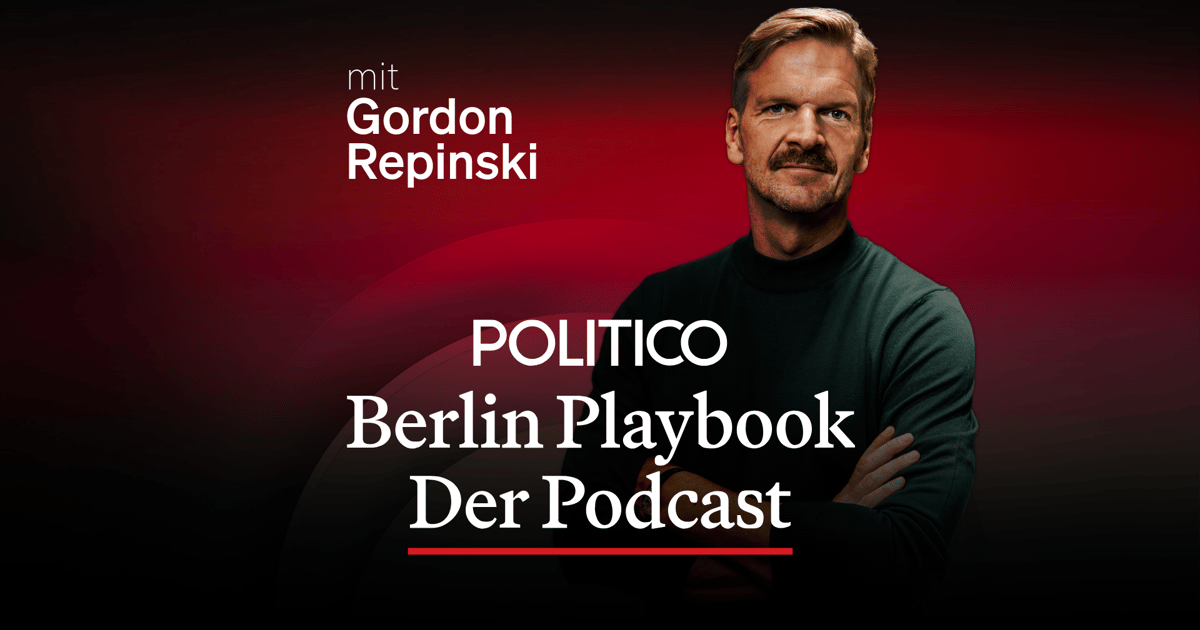

As we navigate through the continuous ebb and flow of global economic changes, several key developments have emerged that reflect a mixture of challenges and opportunities across different sectors. From energy investments to aquacultural endeavors, these shifts provide a glimpse into how industries adapt and evolve to meet contemporary demands.
In Germany, discussions around the electricity tax have stirred political discourse, emphasizing the delicate balance between fulfilling coalition promises and addressing the pressing financial realities faced by households. Despite commitments to reduce the electricity tax, the absence of this measure in the approved budget has become a focal point of contention, both within the governing coalition and among the public. This issue underscores the intricate negotiations and compromises inherent in political policymaking, as leaders strive to align fiscal policies with public expectations.
Meanwhile, in the United Kingdom, the electricity and gas networks are set to undergo significant enhancements, marking a substantial investment in the country’s renewable energy infrastructure. Energy companies have received approval to channel nearly £24 billion into upgrading the national grid, a move that supports the government’s ambition to expand renewable energy capacities. While this initiative promises long-term benefits, it may also contribute to an increase in household energy bills, illustrating the complex interplay between infrastructure improvement and economic impact on consumers.
In the utilities arena, Southern Water, a UK-based utility firm, is poised to receive a financial lifeline of up to £1.2 billion, thanks to an investment led by the Australian financier Macquarie Group. This influx of capital aims to prevent regulatory breaches and stabilize the company’s operations. It reflects a broader trend of strategic investments designed to bolster companies facing economic turbulence, ensuring they remain compliant with regulatory frameworks while securing essential services for the population.
Turning our attention to employment trends, Portugal has witnessed a positive shift, with the unemployment rate dropping to 6.3% in May. This decrease signifies a healthy labor market and provides grounds for cautious optimism regarding economic recovery and stability. Employment figures serve as a vital barometer for economic health, influencing both consumer confidence and investment decisions.
In a noteworthy expansion of its business portfolio, Altri, a Portuguese company, has acquired Aeoniq, a Swiss firm specializing in textile fiber production. This acquisition will involve the establishment of a new manufacturing facility in Constância, further integrating Altri’s operations into the textile sector. Such strategic moves highlight the dynamic nature of corporate expansion and diversification, as companies seek to capitalize on synergies and expand their market presence.
These various developments collectively paint a picture of a world in transition, where economic landscapes are continuously reshaped by both incremental and transformative changes. Embracing a calm and mindful perspective allows us to appreciate the underlying dynamics at play, recognizing both the challenges and the opportunities that define our interconnected global economy. As industries adapt and evolve, so too do the possibilities for innovation, sustainability, and growth.
Source: {link}
